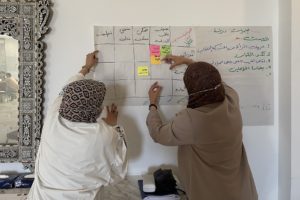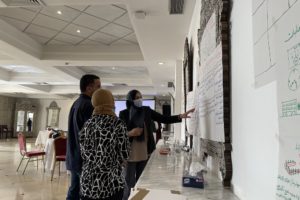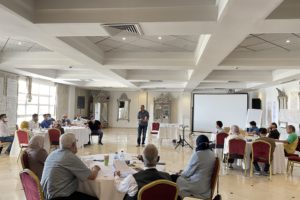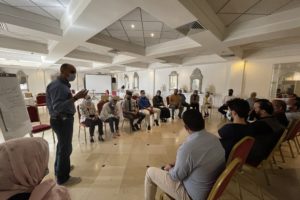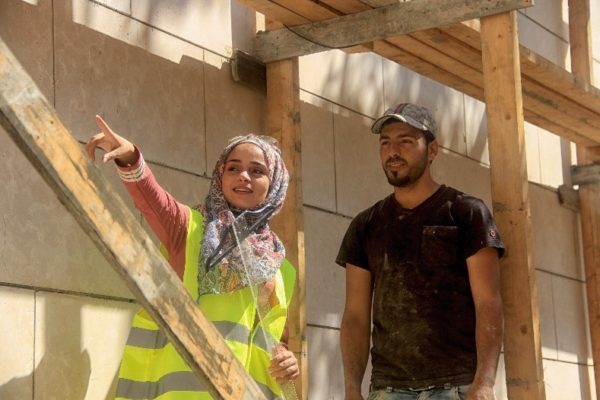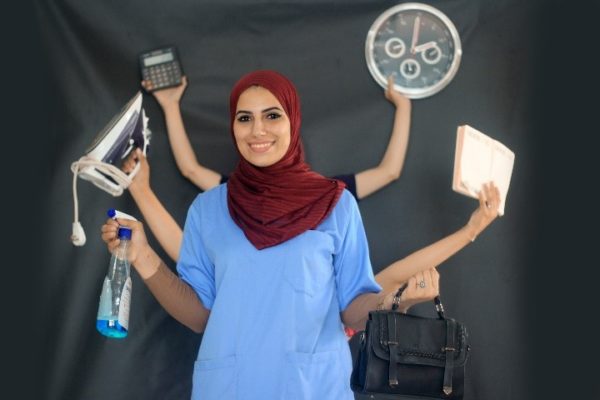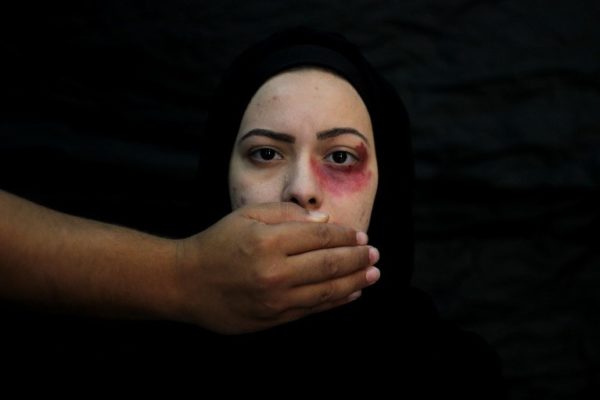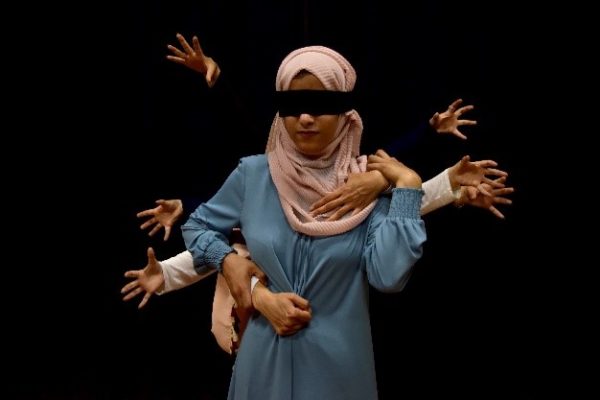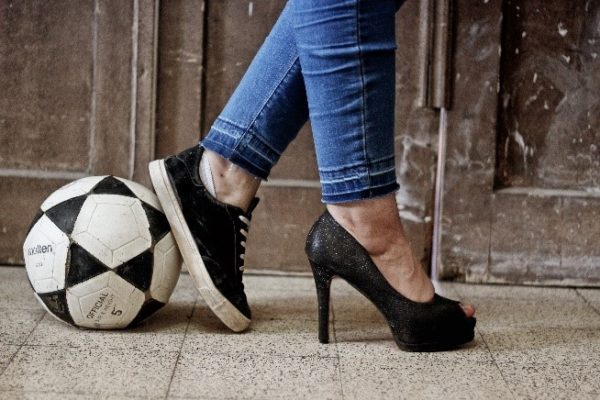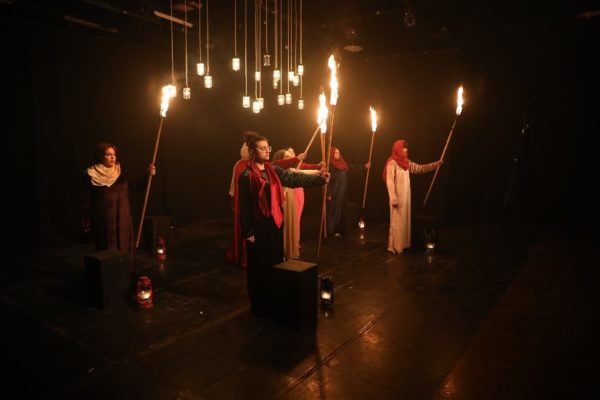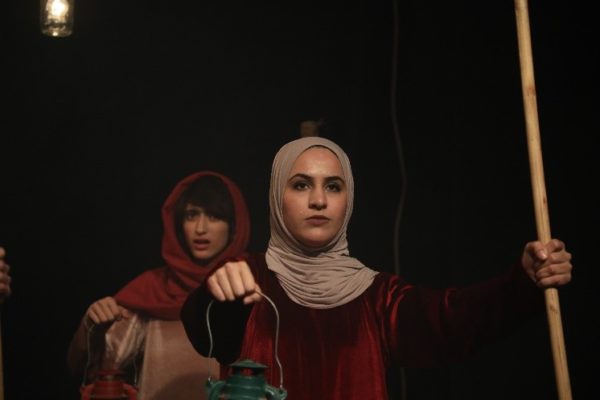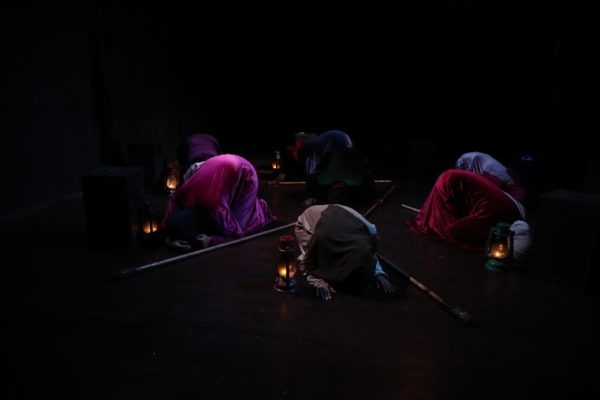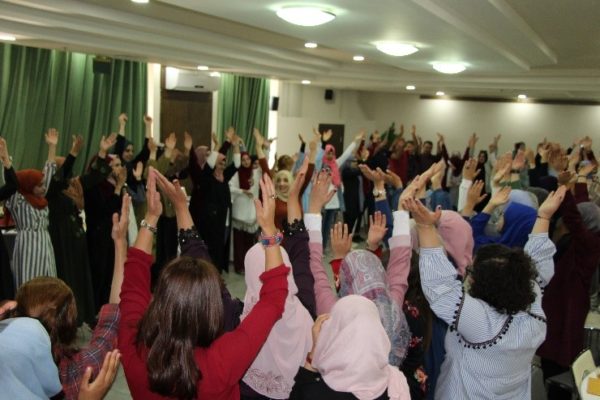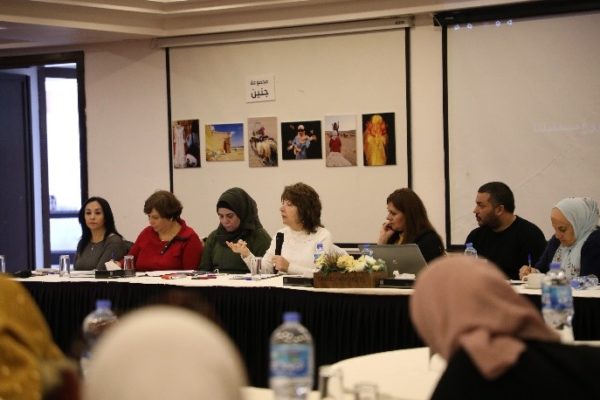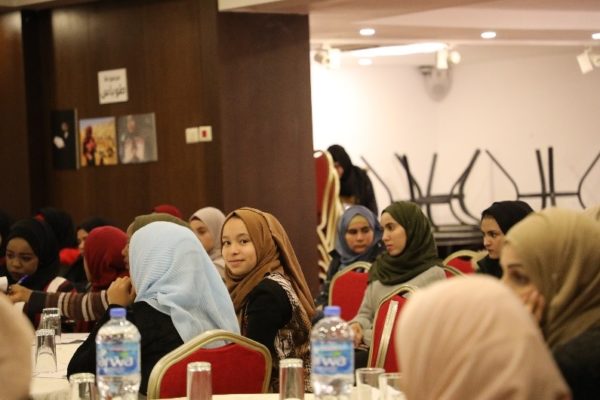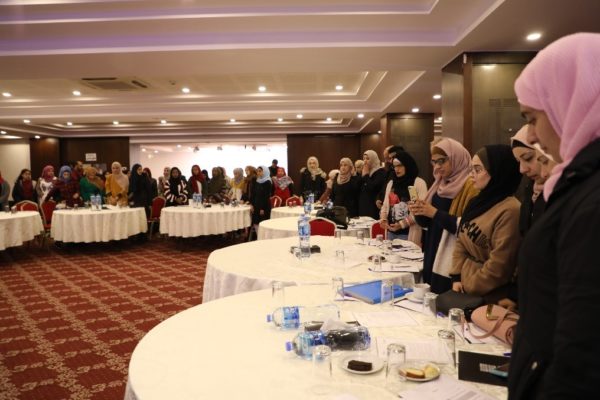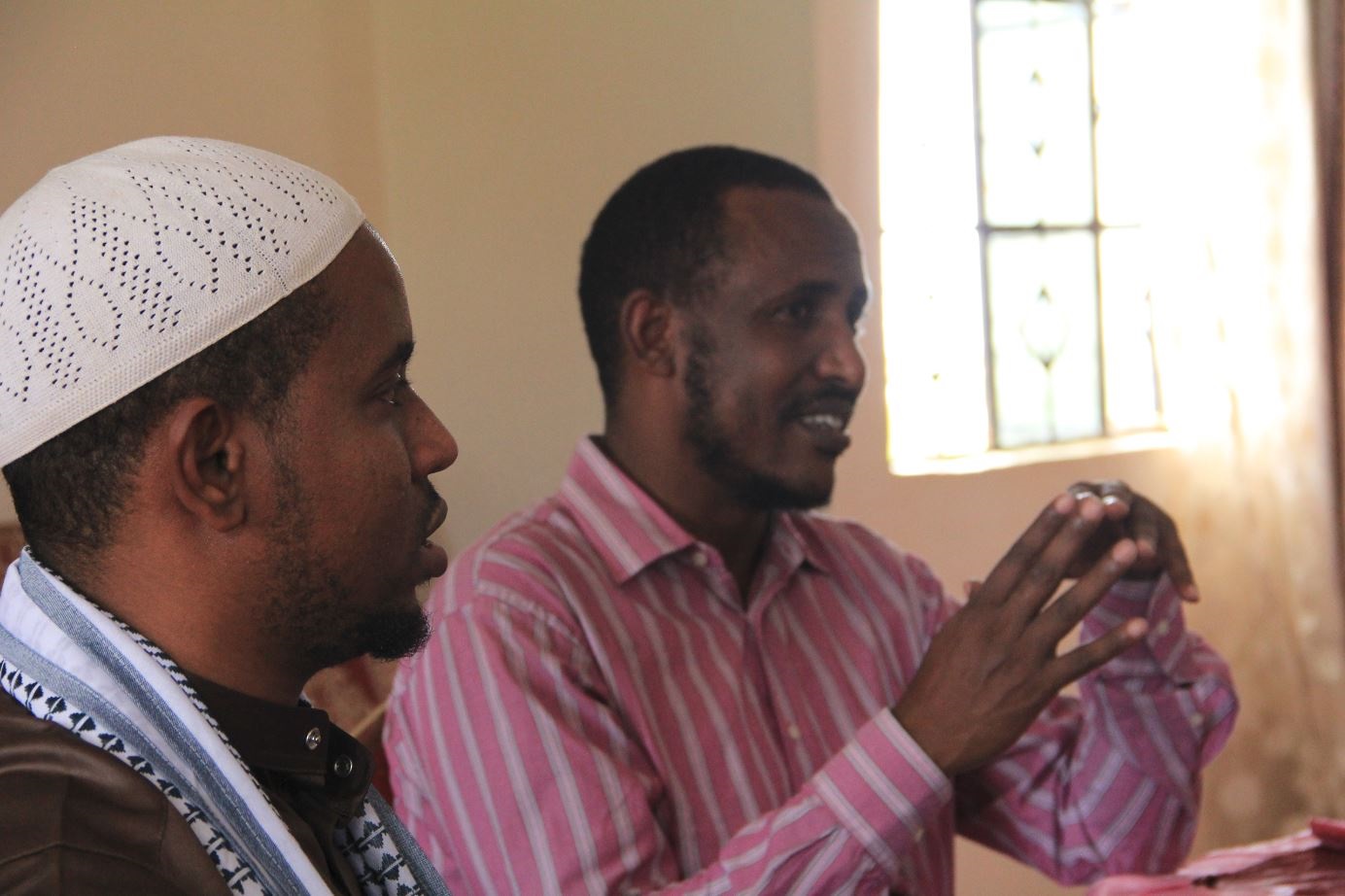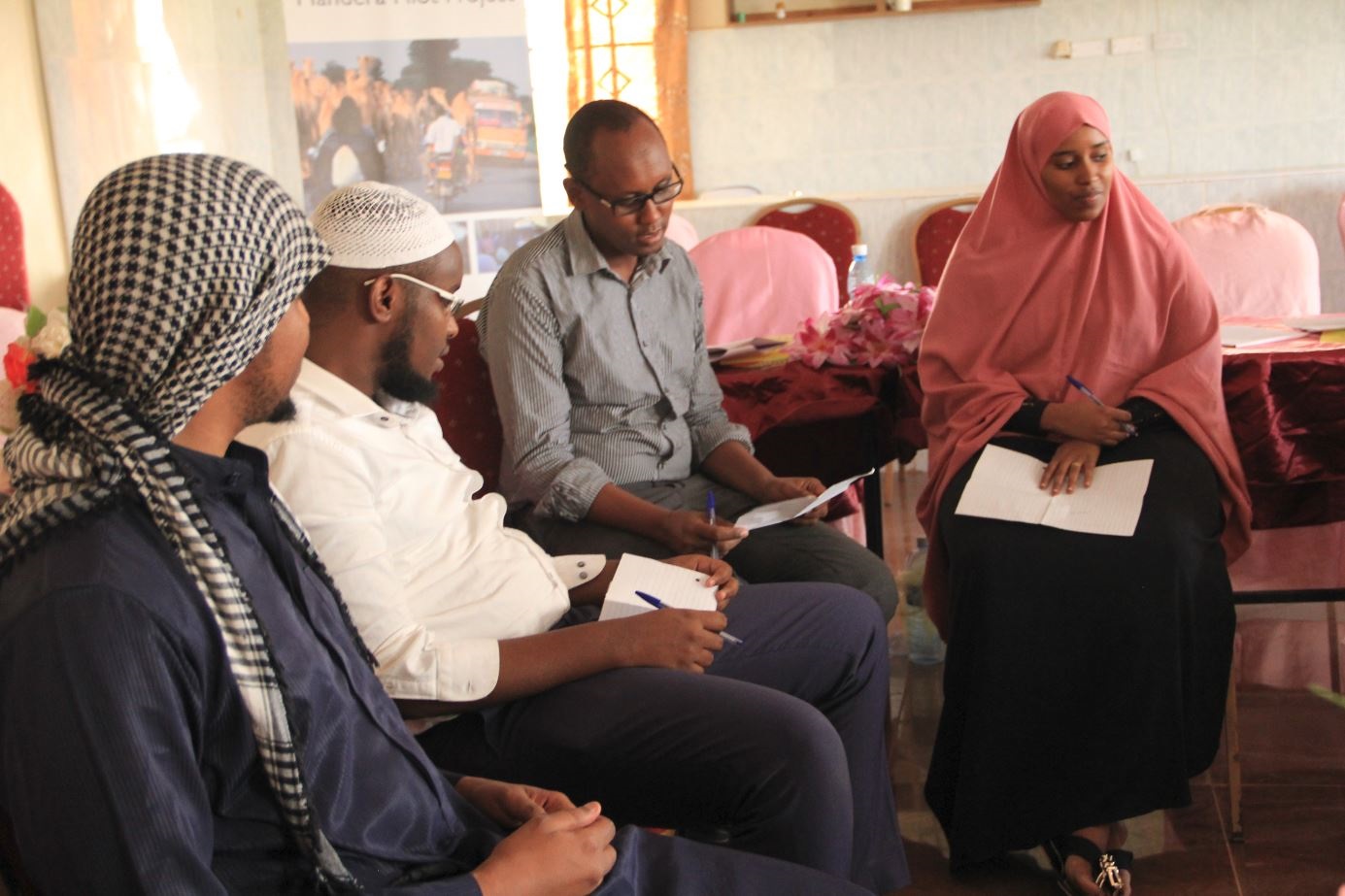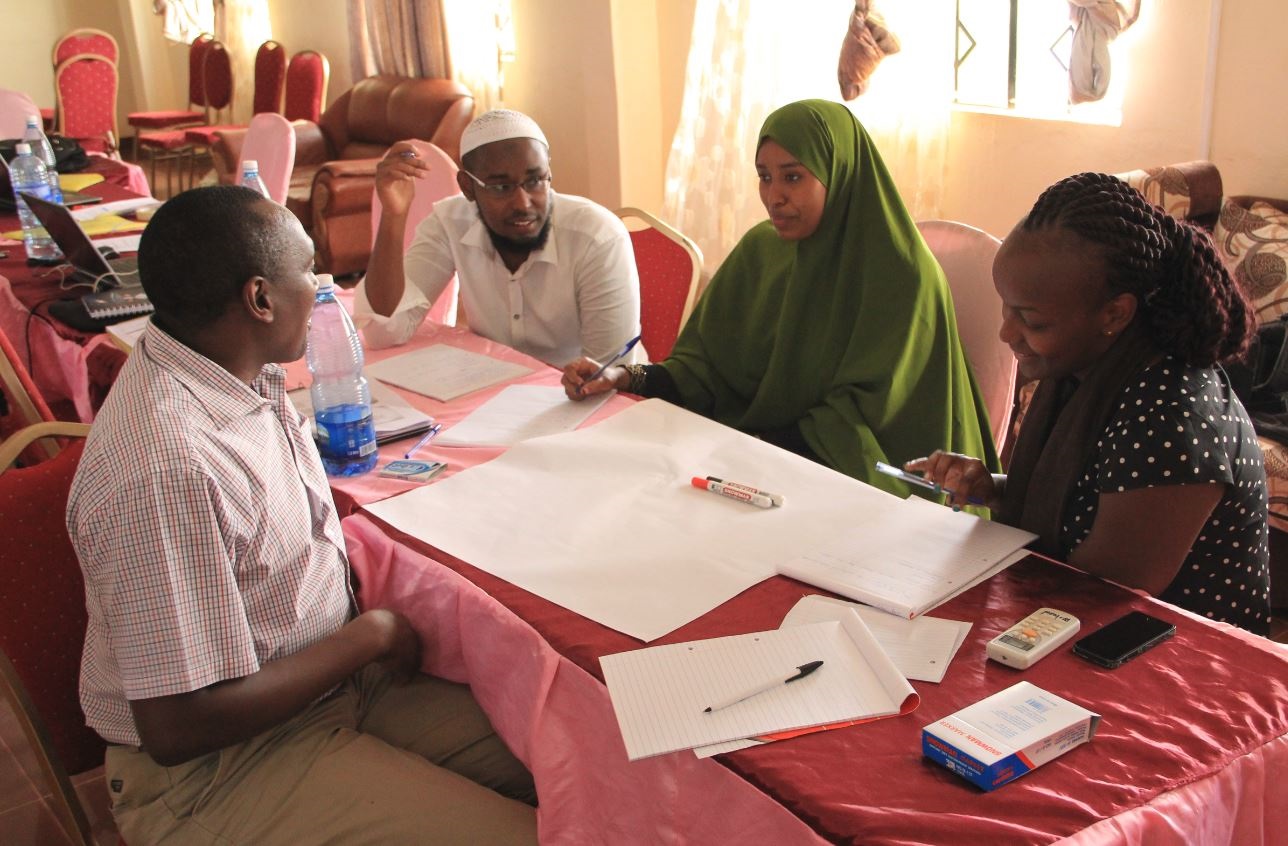Libye : la valeur ajoutée des processus locaux de paix et de réconciliation
La Libye traverse des mois difficiles alors que le pays se dirige vers les élections du 24 décembre. Le 2 juillet 2021, le Forum de dialogue politique libyen (LPDF), soutenu par l'ONU, n'est pas parvenu à un consensus sur les bases constitutionnelles des prochaines élections. Plus tôt en juin, lors de la deuxième conférence de Berlin, il n'y avait pas eu de progrès significatif en termes de retrait de troupes ou de mercenaires étrangers du pays.
Dans ce contexte fortement divisé, les processus de réconciliation communautaires sont essentiels pour résoudre les conflits découlant des griefs locaux. Cependant, trop souvent, les populations et communautés locales ne sont pas suffisamment impliquées dans les processus de paix de haut niveau. Pour combler ce fossé, Interpeace a réuni un large éventail d'agents de changement impliqués dans l'établissement d'une vision commune des priorités pour la paix afin d'apporter des solutions au niveau local à travers le dialogue communautaire.
Les profondes divisions politiques qui caractérisent la Libye découlent et alimentent les griefs locaux – créant un cercle vicieux et rendant le travail au niveau communautaire d'autant plus important. Depuis 2011, l'engagement d'Interpeace en Libye s'est concentré sur le développement d'infrastructures locales pour la paix et la cohésion sociale. Au milieu de cet état de conflit prolongé, les Libyens sont frustrés par la stagnation politique continue, l'échec des processus de dialogue et les promesses non tenues. Dans le contexte de crise multiforme de longue date en Libye, les espoirs d'une transition démocratique dans les prochains mois sont grands, même avec les derniers revers, mais cette situation est compliquée par de nombreux défis sociaux et politiques en plus du conflit en cours et de la propagation du Covid-19.
Les années de conflit ont également affaibli la cohésion sociale déjà fragile et creusé les écarts dans le pays. Le rétablissement de celle-ci et de l'inclusion doit être une priorité tout en construisant une paix durable dans une situation de conflit aussi complexe que celle de la Libye. À travers son projet « Renforcer la cohésion locale en Libye : une voie vers une paix durable », Interpeace cherche à renforcer les capacités de résilience locale pour une paix durable et à contribuer au développement d'un environnement local pour la stabilité et la croissance future en Libye. Près de 30 communautés bénéficient du programme.
- Credits: Interpeace
Au cours des dix dernières années en Libye, Interpeace a développé et accompagné un réseau de plus de 200 « agents de changement » ou « facilitateurs de dialogue », à travers le pays, travaillant directement avec la population. Ce groupe est composé d'individus influents de tous âges, sexes et statuts sociaux. Ses membres jouent un rôle important dans la construction d'une paix résiliente en Libye de bas en haut, en veillant à ce que les communautés engagées soient équipées pour être plus résilientes aux conflits, en particulier au niveau communautaire. Cette initiative vise à catalyser la collaboration entre les communautés libyennes et avec les autorités nationales, pour établir une vision commune des priorités pour la paix à travers le renforcement des plateformes de dialogue et celuides capacités des agents de changement dans les communautés locales. Cet effort est soutenu par le ministère fédéral allemand des Affaires étrangères et le Département fédéral suisse des Affaires étrangères.
« Sur le plan pratique, j'ai été grandement responsabilisé dans ma participation sociale. Il y avait certaines activités dont je me suis tenu à l'écart, pensant qu'elles appartenaient aux spécialistes, et je n'y ai jamais participé. J'ai senti que cela [l'engagement dans l'initiative] m'a donné le courage de participer. Je restais à l'écart de ceux qui avaient des idées et des positions opposées, mais j'ai commencé à intervenir de manière positive. Si une situation difficile survient, j'essaie de trouver des solutions constructives », explique une agente de changement de Tobrouk.
Dans le cadre du programme, Interpeace met en place diverses initiatives pour rassembler des agents de changement basés dans différentes parties de la Libye et soutenir leurs efforts pour construire un environnement social pacifique. Le rassemblement le plus récent a eu lieu à Tunis du 20 au 28 juin 2021. Il a été organisé pour aider ces dirigeants et influenceurs communautaires à identifier et à résoudre les problèmes prioritaires au sein des communautés.
“« Cette expérience peut être caractérisée de deux manières : nous avons établi des relations dans toutes les villes libyennes en maintenant une communication directe. Je veux dire, maintenant j'ai des amis dans chaque ville libyenne et je peux dire que 60% de l'avantage que j'ai gagné est le fait que je connais personnellement des jeunes de toutes les villes et de différents domaines. […] Personnellement, j'ai rencontré des personnes influentes dans différentes communautés, des personnes sages et des personnes influentes dans la société civile. […] Nous savons que la méfiance peut exister entre les individus envers les organisations internationales travaillant en Libye, mais Interpeace a une approche différente – c'est une expérience particulière », explique un agent de changement de Tobrouk.” explains a male change agent from Tobruk.
- Credits: Interpeace
Quarante personnes divisées en deux groupes ont participé à des sessions de quatre jours pour chacun d’entre eux. L’atelier a été organisé pour donner aux facilitateurs de l’Est de la Libye les compétences et les outils requis pour des dialogues communautaires adaptés à leur contexte local.
« Je suis timide – même quand j'ai quelque chose à dire, je préfère rester en retrait, me taire. Je ne suis pas sociable par nature, je préfère rester à la maison. Ma participation aux ateliers […] m'a donné envie d'exprimer mon point de vue qu'il soit accepté ou non par l'autre partie. Maintenant, sur le plan social, j'ai le pouvoir de participer aux projets en cours en Libye, tels que le renforcement du rôle des femmes dans les processus électoraux, en tant qu'électrices ou en tant que candidates, ainsi qu'au niveau de la réconciliation nationale », explique une femme agente de changement d'Al-Baida.
Ce travail est essentiel avec les changements actuels qui ont lieu dans le contexte politique sensible de la Libye et à l'approche des élections dans lesquelles les communautés joueront un rôle clé.
“The role of the change agents will be critical in the eventual implementation of a political agreement in bringing public support, particularly among civil society, who are likely to be key champions of any peace outcomes negotiated. The sustainability of a political solution will be dependent on a shared societal agreement about what peace means and what it entails, but also community engagement –going beyond simple outreach - as an actual process of inclusion in the implementation to ensure sustainable peace,” concluded Renée Larivière, Senior Director for Programme Management at Interpeace.
